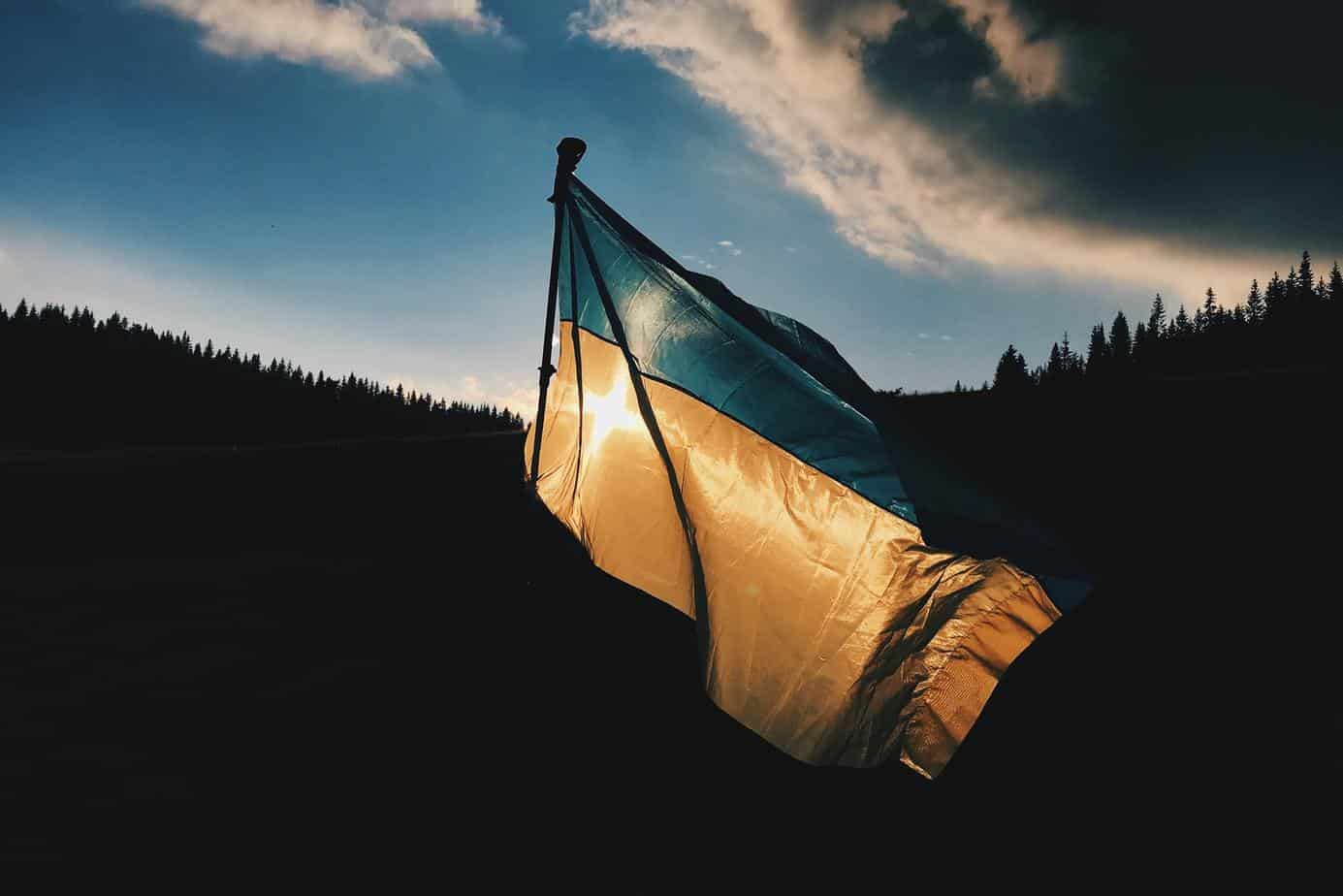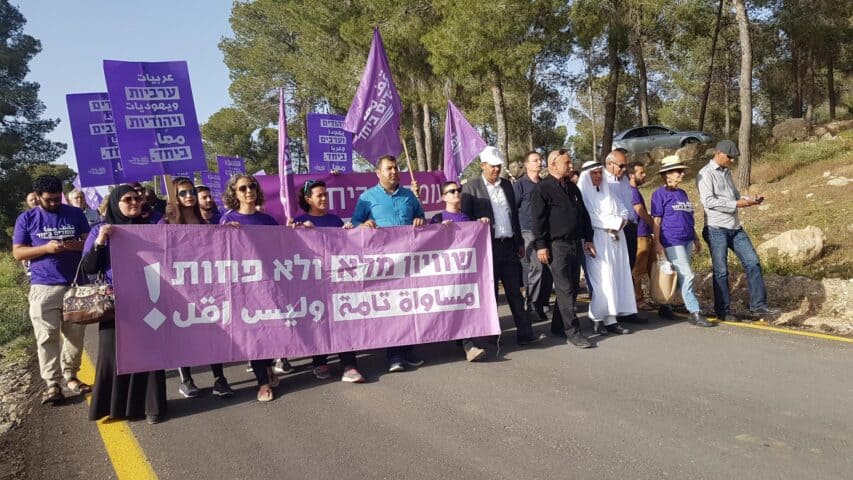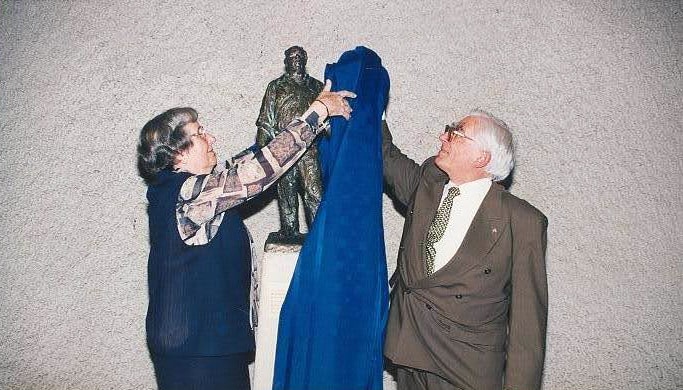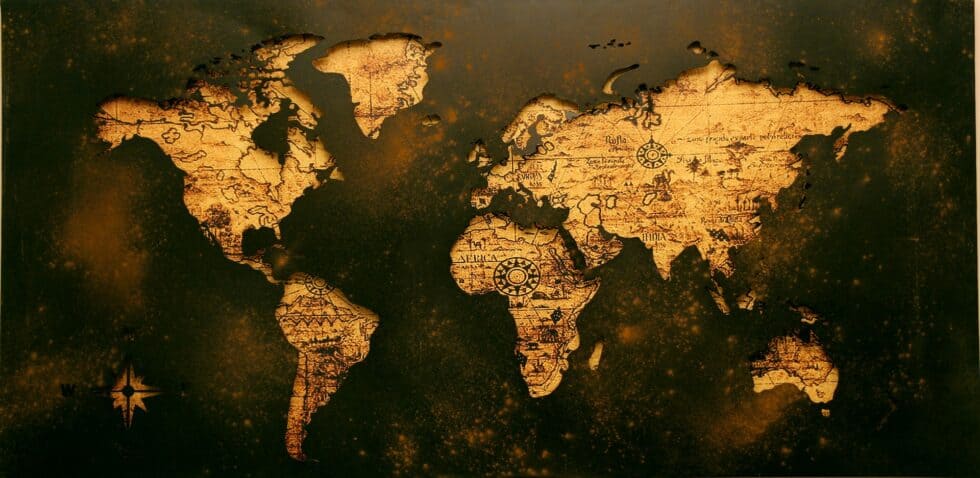Opinion: Refugees, Not Jews

War in Europe, again. Seventy-seven years after that war. Again there is fear of world war, of chaos that will sweep us all into a cycle of blood and loss – loss of life and home. In March 2022 the Van Leer Jerusalem Institute, in collaboration with the Jerusalem Cinematheque, convened a discussion on how Israel as a Jewish state contends with asylum-seekers and refugees. The event was facilitated by Shai Tagner who shared his thoughts about the war in Ukraine:
Again there are refugees. Women, men and children fleeing their homes and homeland, seeking a safe place to stay until the war and danger end. We see them on TV, in the newspaper, we hear their frightened voices on the phone and in messages. Some of us have relatives there.
This time we feel this war is close and directly related to us. Despite the distance and the big differences. Maybe because this time the refugees are white, European, are dressed like us, look like us. Our defense, alienation, and repression mechanisms, which usually protect us from that which we cannot bear, cannot withstand the onslaught.
Jews, a nation of refugees
We ask ourselves difficult questions in light of the sights and sounds from Kyiv: We are Jews, a nation of refugees. What can we do for them? What is our duty toward them? What is the role of Israel, the Jewish state, in the world drama? Is it sufficient to send them clothing, medications and diapers? Do we have room for them here in Israel, in our hearts?
The voices that arise within us are mixed, conflicting. On the one hand, our morality and compassion and sense of identification demand the government do more and let in those amassing at our gates. Those voices criticize us and we feel shame, anger at the cold, suspicious, isolationist attitude, out of a deep sense of justice and pain. This is a life and death emergency, not a time to check papers. Those voices within us do not care whether the refugees are Jewish or Ukrainian; they see only human beings, like us, created in God’s image.
On the other hand, others of us feel the need to protect ourselves, our existence as a Jewish state – as a safe haven for Jews. After all, that is why we came here, we fled from there, from all of those places where we were the strangers, we were the refugees, we were the weak asking for the pity of others. Perhaps beneath that need to maintain Israel's Jewishness is not the purity of blood or the danger of assimilation, but mainly fear that if we do not defend and protect ourselves we might become refugees again.
Considering the urgency, the voices within us get louder, more extreme, attacking and defending. We have already gotten used to our public discourse being an arena of war and strife. Each side pulls as strongly as it can in its own direction and blames the other. It appears that these are the rules of the political and public game. Suggestions for a different, bridging kind of discourse, are perceived as naïve. Unrealistic. Is that so?
Refugees – a global problem
The refugee problem was not solved by the establishment of Israel. There are still refugees in the world, and we must sadly admit that there are going to be many more yet. Even at moments when the issue is no longer on center stage, it continues to exist and erupt. That is why after the Holocaust and the world wars it was the Jews of all factions who promoted and acted to formulate the UN convention on refugees: to help their own people and help all people, not only out of compassion or moral duty but also out of the difficult and frightening recognition, which we do not like to acknowledge, that the vision of the prophets for peace and brotherhood is not yet upon us, and a home that seems safe at one moment can turn into a battlefield the next.
Maybe that is also the reason that Western countries are now opening their borders to refugees from Ukraine, whereas just a moment ago they closed the very same borders to other refugees from Africa, Syria, and Afghanistan. Even if they don't want to admit it, unconsciously they may be realizing that the present balance of power is not everlasting and, one day, even the rich and strong populations living safely in their homes might need the laws and conventions that guarantee safe haven for refugees.
Besides the immediate action and present emergency there is a need for a public space for deep discussion and thinking on these questions, so that we are ready for the next outbreak. We need a different kind of discourse, such that gives space to all voices and sides, to duty and morals and solidarity, along with the need for our own security based not only on money and power but also on a shared identity and sense of belonging. Now we need the courage to ask those difficult and complicated questions, even when we don't have the immediate answers.





